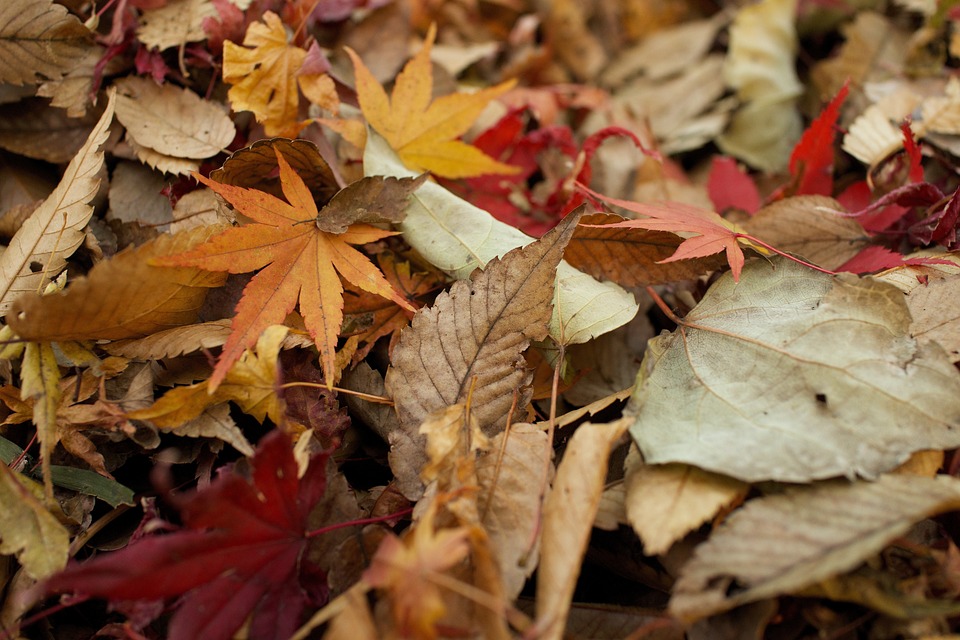
Preparing our gardens for winter
Our gardens play an important role in supporting wildlife and what we do in them every autumn can either enhance or inhibit that role.
Many native bees, ladybugs, butterflies and beneficial insects require a bit of bark or leaf litter to hunker down and survive the winter. These creatures will also attract birds during the winter and in spring. Birds are quite good at gleaning insects off of dead plant stems and branches, and out of leaf litter. Our feathered friends will also appreciate feasting on any seeds and berries they can collect from intact perennial, annual, and shrub stems.
Our yards can become havens for creatures, large and small, depending on what we plant in them and how we tend to our cultivated spaces.
However, We can’t just let nature do all the work.
Fallen leaves require some work. Leaves, especially of native trees such as maples, oaks, cherry, and virginia creeper, will enrich the soil as they decompose, helping support a living network of micro-organisms. But…
- Don’t leave them piled on your lawn where they will inhibit growth or cause dieback due to disease.
- Do mulch your leaves into the garden beds or throughout the lawn with your mower.
Leave dried flowers and grass stalks for visual interest to your winter garden that also creates habitat for some bees and insects and provides winter food in the form of seed heads for birds.
Mulched leaves provide an insulating blanket that protects the roots of perennials.
- TIP – Don’t be tempted to add other organic matter such as grass clippings, prunings or compost – it will drastically decrease the quality of this cozy habitat.
Notable Exceptions to the rule
Roses – to deter powdery mildew, blackspot, and some other fungal diseases, destroy all leaf litter from roses rather than composting or mulching it. Read More
Fruit Trees – spore-born diseases such as apple scab can survive and spread in leaf litter. Read More
If you’re plagued by voles and less desirable critters, piles of leaves and twigs may give them homes for the winter. Choose your location wisely. No Raking Leaves – Can Be Too Good to be True
Check out what Master Gardener and Landscape Consultant Sean James has to say in his recent video – ‘Let it Lay”
More resources about garden cleanup. Allow nature to thrive:
Savvy Gardening – Six Reasons to Not Clean up the Garden this fall
The Suburban – Seven good reasons not to clean up the garden
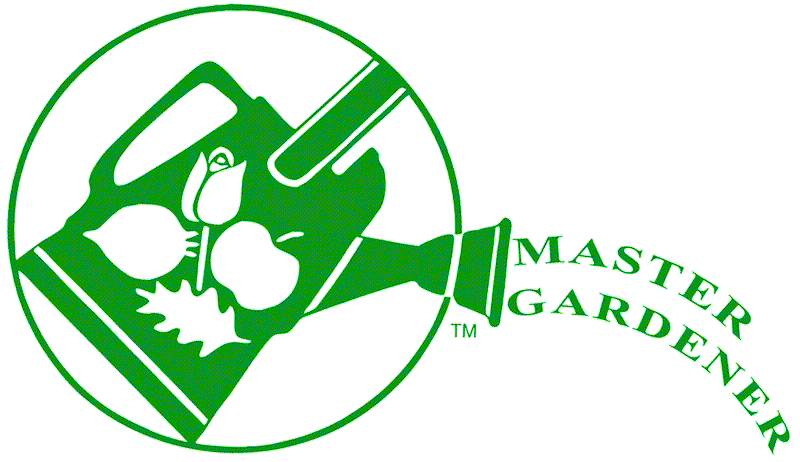
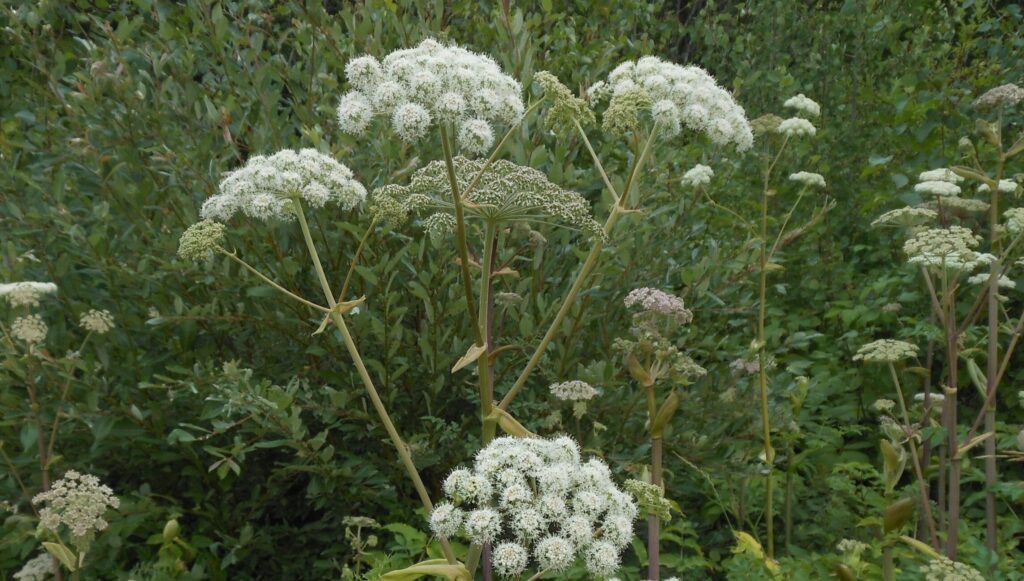
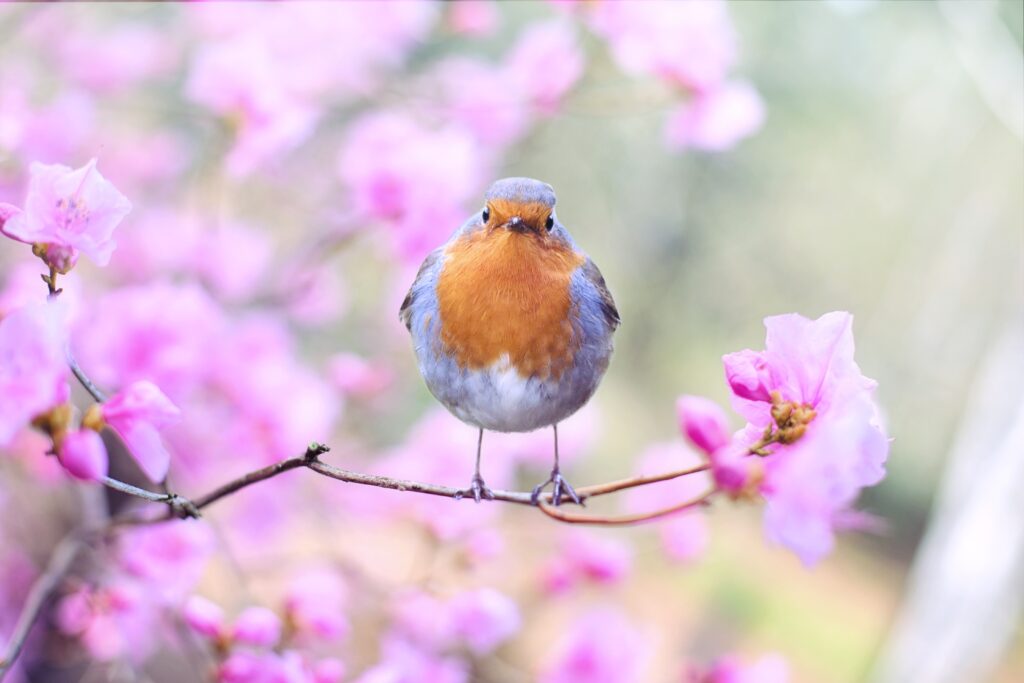
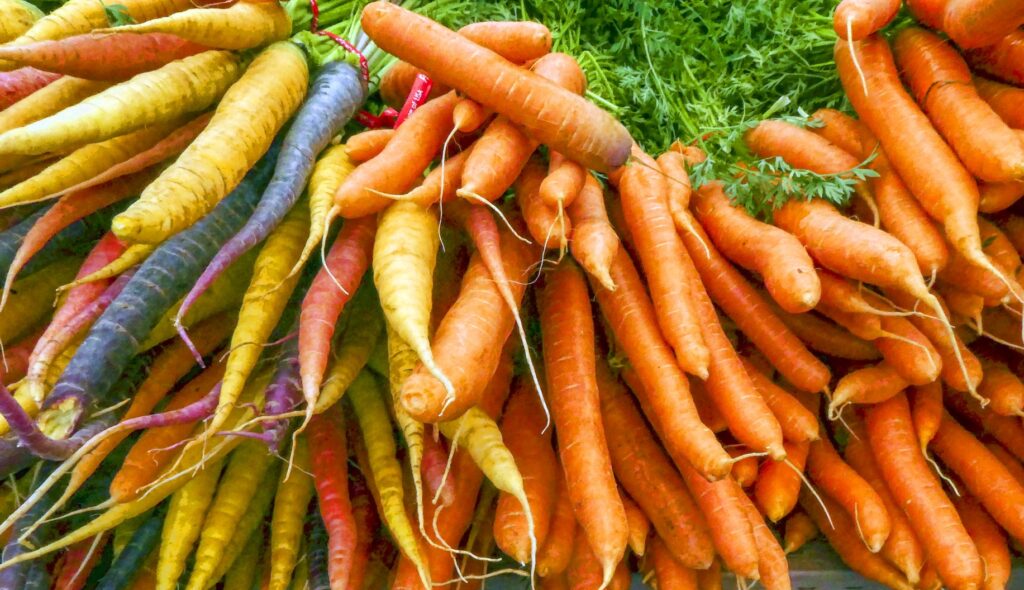
About The Author: Armstrong
As an author and editor, Linda directs her lifelong love of nature and plants to concerns about our environment and how we can do better. In addition to decades of gardening experience, and training as a master gardener, Linda focuses on learning from leading science-based educators and writers, and in the process finds that she uncovers many gardening myths.
More posts by Armstrong